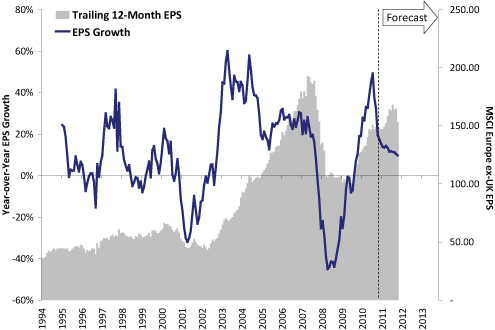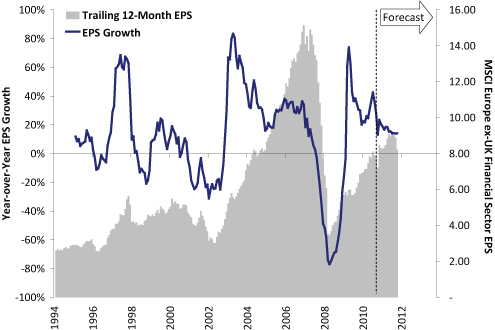Personal Wealth Management / Politics
Slovakia and Beyond
A look around the eurozone at some recent news—both commonly reported and much less heard.
Most media attention’s seemingly focused on Europe again—this time, on the tiny country of Slovakia, which Tuesday (by most media accounts) failed to pass the EFSF extension. But in our view, what happened was likely more a matter of political gamesmanship than failure to support the EFSF. Slovakia’s opposition party took advantage of dissension within the four-party ruling coalition and tacked a confidence vote in the current Slovak government onto the EFSF package. So the measure failed largely on the vote of confidence—the opposition says they support EFSF expansion.
So what likely happens next is a government reshuffle followed by another vote, in which EFSF approval looks probable. (Interestingly, Slovakia’s not the first country to play political musical chairs tied to eurozone debt measures: Portugal, Spain and Germany, the latter two mostly at the regional level, have all witnessed some political reshuffling as opportunistic opposition or minority parties seized the moment. Seems politicians will be politicians, no matter the country.)
But even if Slovakia doesn’t come through, the other eurozone nations (which have uniformly approved the plan) could simply decide to exclude them from the EFSF expansion and continue as planned. After all, Slovakia’s monetary contribution to EFSF funding isn’t that big in the scheme of things. Further, the IMF’s already approved Greece’s next funding tranche, which will enable them to meet funding needs for the next few months. So even if finalizing the EFSF expansion takes a little longer than planned, immediate concerns seem to be largely taken care of. Meaning the likelihood tiny Slovakia turns out to be the straw that breaks the eurozone’s back seems fairly slim, media concerns notwithstanding.
And EFSF debates and dramatics aside, there’s been a handful of decent news out of Europe recently which, in our view, merits attention.
Corporate Earnings and Revenues
Corporate earnings have continued growing in recent months, despite heightened gloom surrounding the European financial sector. In fact, since early 2010, the MSCI Europe (excluding the UK) has seen a 40% increase in trailing 12-month earnings per share, and earnings are currently projected to increase another 10% over the next twelve months. (See Figure 1.)
Figure 1: MSCI Europe (ex. UK) Earnings per Share
Source: Thomson Reuters.
European Financials’ earnings have followed a similar path to the MSCI Europe overall—and sentiment, especially about European banks, remains dour. Yet trailing 12-month earnings per share have risen over 100% since their 2009 trough and are expected to grow another 14% over the next year. (See Figure 2.)
Figure 2: MSCI Europe (ex. UK) Financials Earnings per Share
Source: Thomson Reuters.
If you would like to contact the editors responsible for this article, please message MarketMinder directly.
*The content contained in this article represents only the opinions and viewpoints of the Fisher Investments editorial staff.
Get a weekly roundup of our market insights
Sign up for our weekly e-mail newsletter.

You Imagine Your Future. We Help You Get There.
Are you ready to start your journey to a better financial future?

Where Might the Market Go Next?
Confidently tackle the market’s ups and downs with independent research and analysis that tells you where we think stocks are headed—and why.







